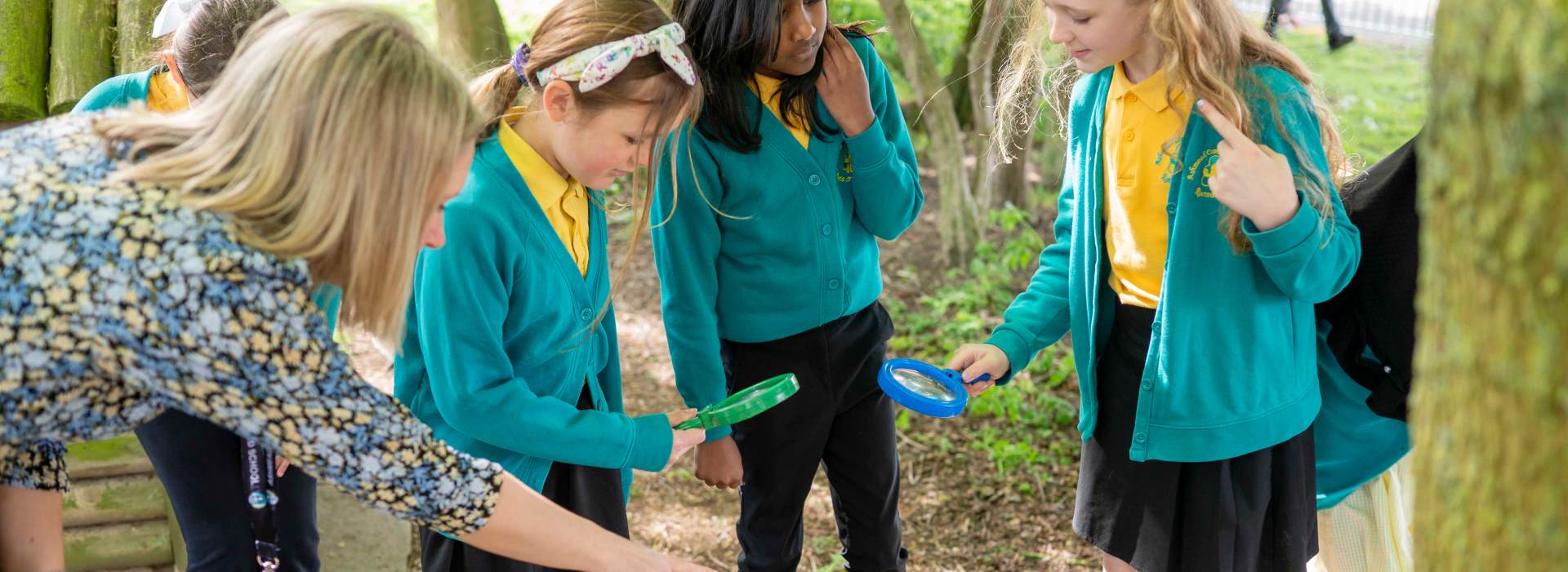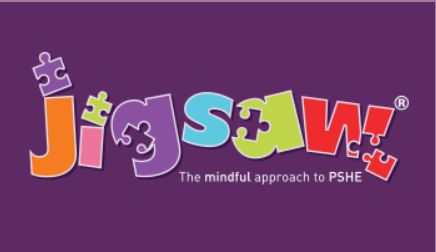
PSHE and RSE
Intent
At Ashmead, we want our global citizens to navigate their ever-changing world and to develop positive relationships with themselves and others. This is achieved through a comprehensive PSHE (Personal, Social, Health Economic Education) and RSE (Relationships and Sex Education) curriculum which has been designed to offer pupils the relevant learning experiences to help them.
We intend to prepare pupils for opportunities, responsibilities and experiences throughout their lives so they are global citizens, undertaking an active, positive and successful role in a diverse society. Personal, social, health and economic education also promotes spiritual, moral, cultural, mental and physical developments ensuring our pupils feel safe, have high aspirations, belief in themselves and demonstrate respect.
We believe PSHE helps to give our pupils the knowledge, skills and understanding they need to lead confident, healthy and independent lives with strong emphasis on emotional literacy, building resilience and nurturing mental and physical health. We are committed to ensuring that the emotional and social needs of all our pupils are met. Nurturing resilience in our pupils is important, as is their appreciation of the five core British values: Democracy, Rule of Law, Respect, Tolerance and Individual Liberty.
Implementation
To ensure that our curriculum is appropriate, we subscribe to the national body, the PSHE Association, for guidance on curriculum content. To support the implementation of learning activities that are both comprehensive, progressive and age appropriate, we use planning and resources from Jigsaw which is a recognised external provider.
curriculum content. To support the implementation of learning activities that are both comprehensive, progressive and age appropriate, we use planning and resources from Jigsaw which is a recognised external provider.
“Jigsaw holds children at its heart, and its cohesive vision helps children understand and value how they fit into and contribute to the world. With strong emphasis on emotional literacy, building resilience and nurturing mental and physical health, Jigsaw 3-11 properly equips schools to deliver engaging and relevant PSHE within a whole-school approach. Jigsaw lessons also include mindfulness allowing children to advance their emotional awareness, concentration and focus.”
Jigsaw consists of six half-term units of work (Puzzles), each containing six lessons (Pieces) covering each academic year from Nursery through to Year 6. Every piece has two Learning Intentions, one specific to PSHE (including Relationships and Health Education) and the other designed to develop emotional literacy and social skills. Planning is aligned to the National Curriculum and the Early Years (EYFS) statutory Framework. It includes mindfulness to allow pupils to advance their emotional awareness, concentration and focus.
The units of work contained within the Jigsaw are revisited through a spiralling and progressive model:
|
Being Me in My World |
Being Me in My World includes understanding my place in the class, school and global community as well as devising Learning Charters. |
|
Celebrating Differences |
Celebrating Difference includes anti-bullying (cyber and homophobic bullying included) and work on diversity. |
|
Dreams and Goals |
Dreams and Goals includes goal-setting, aspirations for yourself and the world and working together. |
|
Healthy Me |
Healthy Me includes drugs and alcohol education, self-esteem and confidence, as well as healthy lifestyle choices. |
|
Relationships |
Relationships includes understanding friendship, family and other relationships, conflict resolution and communication skills. |
|
Changing Me |
Changing Me includes sex and relationships education in the context of coping positively with change (includes age-appropriate sex education). |
In EYFS, personal, social and emotional development is one of the prime areas of learning to ensure that pupils live healthy and happy lives and understand their own feelings and those of others as part of developing healthy relationships. Pupils are supported to manage emotions, develop a positive sense of self, set themselves simple goals and have confidence in their own abilities. Alongside Jigsaw, we ensure continuous provision to further promote independence through adult interaction and modelling.
In KS1 and KS2, pupils have a dedicated weekly lesson. Every year group will be taught the same unit at the same time, which allows for a feeling of community across the school. This consists of 6 main sections of lesson, which are: Connect Us, Calm Me, Open my Mind, Tell me or Show me, Let me Learn and Help me Reflect. It is important teachers follow this structured journey so pupils receive a high quality, focused lesson.
In addition to PSHE lessons, our wider curriculum and practices provide further learning opportunities, enabling teachers to respond to the needs of the pupils, the community and wider national or international events or issues. For example, this includes emphasis on our school values, assemblies, zones of regulation, mindful minute, growth mindset, modelling of metacognition and learning related to anti-bullying week, or black history month.
Cultural capital is the accumulation of knowledge, behaviours and skills that a child can draw upon and which demonstrates their cultural awareness, knowledge and competence. It is one of the key ingredients a pupil will draw upon to be successful in society, their career and the world of work.
Assessment
Ongoing formative assessment, including regular feedback on pupil progress, is vital in developing attitudes and building on existing knowledge, ensuring quality of provision and helping pupils embed and use knowledge fluently, as well as develop understanding.
Each lesson has a purple learning objective – knowledge based, and a green objective – social and emotional learning. Pupils should be able to use their knowledge to respond appropriately to different situations, demonstrating that they are able to make well-informed and educated decisions and understand the consequences of these.
Pupils are assessed through formative and summative assessment strategies, based on Jigsaw resources, appropriate for their stage of development. We use a baseline assessment to ascertain what the pupil’s individual prior knowledge and experience of each unit is, considering the questions: What do I know about… What can I do about…. and What do I think about……… Throughout each lesson, and across a unit, pupils develop self-reflection, and consider their confidence, through the use of ‘Draw and Write’ activities. At the end of the unit, pupils are provided with key questions and sentences stems to summarise their learning.
As part of the Voice21 project, opportunities for embedding Oracy strategies within the pupils learning provides tools for talk and supports assessment opportunities as well as vocabulary and language development.
Impact
By the time the pupils leave our school they will be able to approach a range of real-life situations confidently and apply their skills and attributes to help navigate themselves through modern life. Learning and classroom environments will demonstrate a consistent and positive language throughout learning that is conductive.
Pupils will:
- Be on their way to becoming healthy, open minded, respectful, socially and morally responsible, active members of society
- Appreciate difference and diversity
- Recognise and apply the British values of democracy, tolerance, mutual respect, rule of law and liberty
- Be able to understand and manage their emotions
- Be able to look after their mental health and well-being
- Be able to develop positive, healthy relationship with their peers both now and in the future.
- Understand the physical aspects involved in RSE at an age appropriate level
- Have respect for themselves and others.
- Have a positive self esteem
Ashmead School Key Documents
Government Guidance
- RSE primary schools guide for parents.pdf
- Urdu RSE primary schools guide for parents.pdf
- Communication to schools on the implementation of Relationships Educatio....pdf
- DofE Policy statement: PSHE.pdf
- DofE Statutory guidance: Relationships Education, Relationships and Sex Education (RSE) and Health Education.pdf







